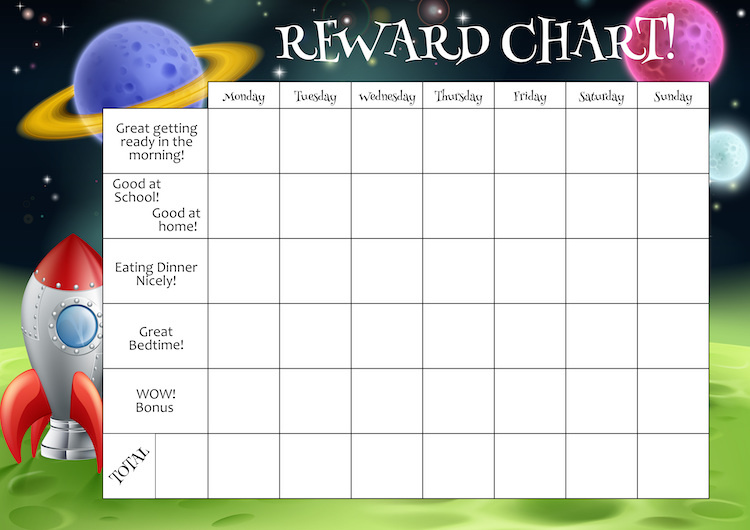A mom writes in, asking for advice on how best to deal with her 3-year-old’s tantrums. She says he has been getting in trouble at daycare, hitting and punching other kids. He’s quick to frustration and doesn’t listen at home. She would like some advice on how to improve this behavior.
Clinical psychologist and creative arts therapist Dr. Lori Baudino weighs in with some expert advice for this mom in need.

A Mamas Uncut Facebook fan asks:
“Needing advice on how to handle my 3-year-old’s tantrums: Advice?
Hey, mamas, so I decided to try something new with my 3-year-old. He has been getting in trouble at daycare a lot. He hasn’t been listening, and he’s hitting and punching other kids. He gets very frustrated very easily, and he doesn’t listen at home. He will just act like he doesn’t hear us, or if we ask him to do something, he tells us to do it instead.
He back talks non stop and screams at us. Now before I get judged, I believe In spankings and timeouts. Timeouts do not work, and spankings do not work as well sometimes. So I decided to start a behavior board with stars to where when he does what we ask without fuss or listens to us and keeps his hands to himself he gets a star for each. If he has 5 stars by the end of the week, he gets a small prize, and if he has 10 by the end of the week, he gets something more like going out for ice cream.
Does anybody else have any suggestions? Before anybody wants to mention a therapist, I do believe he has gotten my anxiety problems, but I believe he needs more interactions and more ways to calm himself down.”
– Mamas Uncut Community Member
YOU MAY ALSO LIKE: I No Longer Know How to Deal with My 8-Year-Old’s Bad Attitude and Behavior: Any Advice?
Advice from Dr. Lori Baudino

First, I admire your honesty and interest in helping your son through these challenging times. As you focus on his actions from a behavioral place — i.e. your token economy (chart) — your son will additionally benefit from spending time looking at his sensory system and nervous system.
Often dysregulation stems from a discrepancy between intellectual ability and social, emotional, body-based abilities. You can either seek out support or check online for a quick sensory checklist. Should your son have any sensitivities to his environment (which most have), we can then support him to feel safe during transitions and sequencing. Additionally, look at his motor planning (the tasks that a child has to do). To simplify, each task needs to first be processed, organized, and then carried out/completed. This is a lot of work!
Try taking this week to do the task together as a team: not helping him, but joining him as a partnership. Can he do these steps with you? Can you do them on his timing and speed? Now you will be seeing what is behind the delays; is it task-oriented, timing, or motivation?

Additionally, support his body by providing time for body awareness and movement. Mindfulness practices such as Yoga Nidra can provide an opportunity for your child to soothe and catch the body in a state of recovery and safety. Having meaningful rest can support any mood. You can also play games like freeze dance and follow the leader to practice these skills in a fun way!
When he is tantruming, he needs to feel safe first, before you can reason with him and communicate verbally. Check out the hand model of the brain on stress. Additionally, we need to understand his sleep, diet, and activity exposure too. (Yep, lots of ways to help tantrums!)

Lastly, if you are doing a chart, just know that this becomes more work on the parent, as you’ve got to make the chart/system as clear as a work employment contract. Start small with one or two tasks he knows he does and can do. Choose a specific time or day. Let him see he knows the expectations and does it. A chart must meet the child’s actual ability and understanding. The chart should be success-driven; it needs to be easy for your child to receive the positive outcome in order for it to work! This is a learning process, and connection and companionship go a long way! If a child is tantruming, he is saying, “this is hard and can someone join me and make sure I am successful and safe.”
I’m excited for him to show all his unique skills!
[Photos via Envato Elements and Shutterstock.]
Mamas Uncut is THE online place for moms. We cover the latest about motherhood, parenting, and entertainment as well – all with a mom-focused twist. So if you're looking for parenting advice from real parents, we have plenty of it, all for moms from moms, and also experts. Because, at the end of the day, our mission is focused solely on empowering moms and moms-to-be with the knowledge and answers they’re looking for in one safe space.
